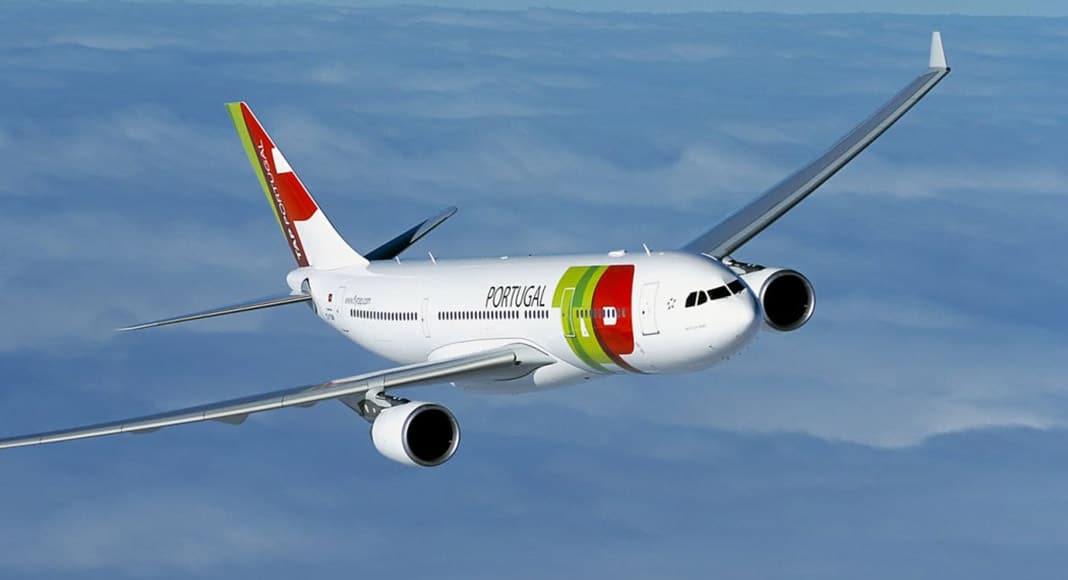It’s only way to comply with Maduro’s expulsion order
Five Argentine diplomats are leaving Venezuela today on a TAP flight to Lisbon, from where they will depart on Saturday for Buenos Aires, via Madrid. This follows the Venezuelan president’s closure of Argentina’s embassy in Caracas.
“Nicolás Maduro told us on July 29 that he was expelling Argentine diplomats, giving us 72 hours from that date to leave Venezuelan territory – without considering the reduction in flights”, Argentina’s Foreign Minister Diana Mondino told the Permanent Council of the Organisation of American States (OAS), which met yesterday in Washington to discuss electoral fraud in Venezuela.
Lusa confirmed that the five diplomats and their families – a total of 14 people – will board a TAP flight at 15:20 from Caracas to Lisbon today.
The trip home via Europe is because of the lack of flights, and the fact that Venezuela has closed its airspace to flights to and from Argentina.
The five diplomats however are unable to board with six Venezuelan political asylum seekers who have been in the embassy since March 20, taking refuge from persecution by the regime for being part of opposition leader María Corina Machado’s campaign team.
Argentina has been trying to obtain a pass to allow the asylum seekers to leave the country for months. Nicolás Maduro’s regime has denied all requests. Without this pass, the six Venezuelans could be arrested the moment they set foot outside the embassy.
Argentina continues to press for safe-conduct to take the six to a third diplomatic representation in Caracas but this has been proving difficult: Maduro has also expelled diplomats from six other Latin American countries: Chile, Costa Rica, Peru, Panama, the Dominican Republic and Uruguay.
On Monday, the regime issued an ultimatum to all diplomats from these seven countries to leave the country within 72 hours. The governments of seven were accused of “meddling” and of “not knowing the election results”.
The ultimatum was limited only to diplomats – not to the six Venezuelans.
The formal note received by the Argentine Embassy in Caracas clarified that “The permission to leave the country only covers Argentine personnel, who will be given all the say they need for their immediate withdrawal from national territory, and has no connection with the presence of Venezuelan citizens who have been in residence at this diplomatic mission since March 20, 2024”
Speaking at an emergency session of the Organisation of American States (OAS) on Wednesday, Diana Mondino accused Venezuela of “non-compliance with the convention on diplomatic asylum“, considering it “inconceivable that Maduro would prevent asylum seekers from leaving together with expelled Argentine diplomats, something provided for in the 1954 Caracas Convention, in Article 19”.
The body met to analyse last Sunday’s Venezuelan elections, in which Nicolás Maduro claimed victory despite accusations of fraud by the opposition and wider political community.
Since Monday, Argentina’s diplomatic headquarters in Caracas has been the target of intimidating actions – with a group of hooded officers from Venezuela’s Department of Strategic and Tactical Actions (DAET) threatening to storm the residence.
On Tuesday, the Venezuelan government cut off electricity to the embassy.
“The harassment has been continuous. The electricity was cut off. Hooded people intimidated them. We’ve all seen the details. And I remind you, not this room, but Maduro’s regime, that it is the obligation of the receiving state to safeguard the diplomatic mission’s facilities against intrusion, damage and to preserve its tranquillity and dignity,” Diana Mondino said during her speech at the OAS.
Early this morning, however, Brazil stepped in to represent Argentina’s interests in Caracas.
This means that Brazil may be able to safeguard the interests of the asylum seekers.
Brazil’s gesture is being interpreted as a sign of diplomatic solidarity despite the obvious rivalry between presidents Milei (right wing) and Luiz Inácio Lula da Silva (left wing).
Meantime, Maduro has asked his country’s top court to audit the election results – something critics have said is meaningless (as the court is much too close to the government to be independent).
Source material: LUSA/ mercopress/ wjtv




















